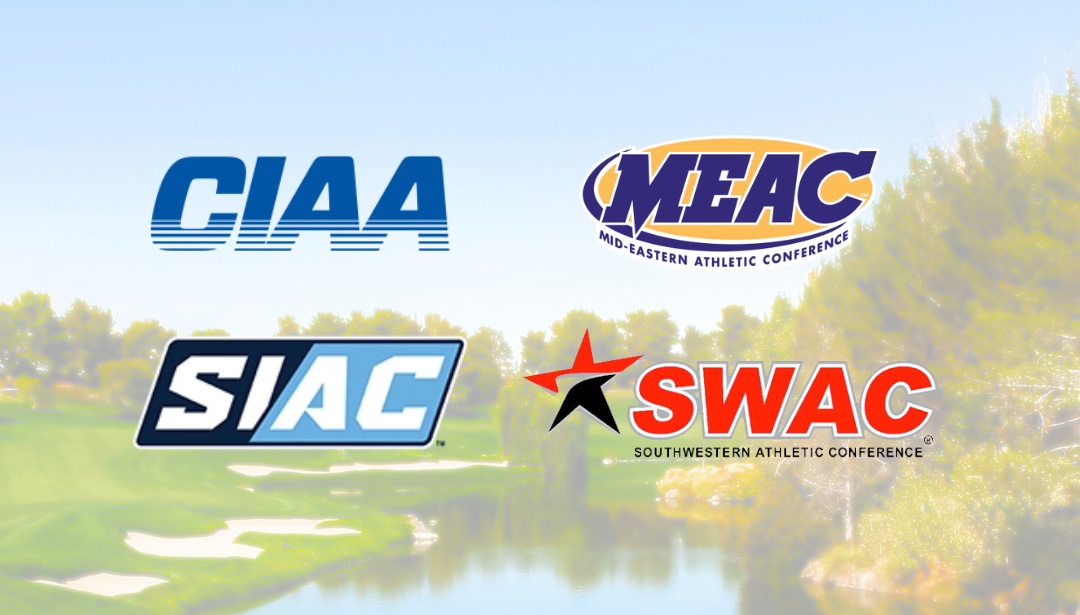This article is in reference to a letter addressed to Chairwoman Clarke and the members of the Congressional Black Caucus, sent by the commissioners of four major athletic conferences within Historically Black Colleges and Universities (HBCUs): the Central Intercollegiate Athletic Association (CIAA), the Mid-Eastern Athletic Conference (MEAC), the Southern Intercollegiate Athletic Conference (SIAC), and the Southwestern Athletic Conference (SWAC). These conferences represent 48 institutions across nearly twenty states, supporting 15,000 student-athletes, with a broad and loyal fanbase of HBCU alumni and communities.
Synopsis and Explanation:
The letter begins by introducing the four conferences, emphasizing their importance to the HBCU community, both in terms of student-athletes and the cultural impact these institutions have on their communities. It asserts that while there have been recent improvements in collegiate sports, certain developments are putting HBCUs at risk.
- Threats to HBCU Sports: The letter notes that current regulatory decisions and legal cases could significantly alter college sports in ways that don’t account for HBCU interests, and especially fail to consider the voices of student-athletes, administrators, and commissioners. This indicates that recent changes in sports governance (e.g., rules, legal precedents) may inadvertently harm HBCUs, as these institutions do not have the same resources as larger, wealthier schools and may be disproportionately affected by changes in policies.
- Regulatory and Legal Issues: One of the key issues discussed is the growing patchwork of state laws, which create confusion and disparities among student-athletes across different states. This can affect recruitment, competition, and retention of athletes at HBCUs. As states pass different laws regarding college sports, institutions within the same conference might face varying rules, complicating the athletic landscape and potentially disadvantaging smaller or resource-limited schools. The letter also highlights the difficulty in retaining student-athletes at HBCUs due to these inconsistent laws.
- Employee Classification of Student-Athletes: Another major concern raised in the letter is the movement to classify student-athletes as employees of their universities. The commissioners argue that such a designation would have severe financial consequences for HBCUs, as most HBCUs, especially those in the Division II or mid-major categories, do not generate substantial revenue from athletics. These schools rely heavily on donations and state funding, and turning student-athletes into employees would further strain financial resources, potentially leading to the elimination of some sports programs altogether.
- Support for Positive NCAA Changes: On a positive note, the letter acknowledges improvements made under President Charlie Baker’s leadership at the NCAA, such as better injury coverage for athletes, mental health services, financial literacy programs, and other benefits aimed at improving the overall student-athlete experience. These initiatives have clearly had a positive impact, particularly on student-athletes at smaller schools, including HBCUs, where such services are crucial.
- The Need for Congressional Action: The letter calls for Congress to affirm that student-athletes should not be classified as employees. It emphasizes the importance of establishing consistent governance in college sports at the national level, providing protections against state laws that could cause further confusion or inequity. The letter specifically seeks “safe harbor” protections that would help create a level playing field for HBCU athletes, allowing them to compete fairly without the fear of inconsistent legal challenges across states.
- Invitation for Further Dialogue: Finally, the letter extends an invitation to Chairwoman Clarke and members of the Congressional Black Caucus to meet and discuss how they can help protect the future of HBCU athletics. The request is for a meeting in February or March, either in-person or virtually, to continue the conversation and gain support for the issues outlined.
How These Statements Might Become a Reality:
- Growing Patchwork of State Laws: If state laws continue to vary, conferences like the CIAA, MEAC, SIAC, and SWAC may struggle to provide equal opportunities for student-athletes. The outcome could be decreased competition, a lack of clarity on student-athlete rights, and an uneven playing field where institutions in different states are subject to different legal standards. To prevent this, national-level legislation would be needed to standardize regulations.
- Classification of Student-Athletes as Employees: If student-athletes were classified as employees, schools like those in the HBCU conferences would face major financial burdens. Many of these schools depend on donations, state funding, and modest revenues from athletic programs. The possibility of having to pay athletes, provide employee benefits, or adhere to labor laws could force these schools to cut back on sports programs. National governance and Congress stepping in to affirm that student-athletes are not employees could help prevent this scenario from unfolding.
- Federal Legislation for Intercollegiate Athletics: The call for federal legislation would address the aforementioned disparities and inconsistencies. By creating uniform rules and protections, Congress could ensure a stable environment for HBCU athletics. This could involve passing laws that ensure student-athletes are not classified as employees, establish clear rules across states, and provide financial support or legal safeguards for smaller schools.
- Increased Dialogue and Advocacy: The invitation to discuss these issues with the Congressional Black Caucus is a critical next step in making sure that HBCUs and their student-athletes have a voice in the national conversation about the future of college sports. By engaging with legislators, the HBCU sports community hopes to secure legislative protections that address the unique challenges they face.
In summary, the letter advocates for congressional intervention to preserve the integrity of HBCU athletics, protect student-athletes, and ensure fair treatment and consistent governance in college sports. The potential risks outlined—such as inconsistent state laws and the reclassification of athletes—could significantly harm these institutions, and the commissioners are seeking support to safeguard the future of HBCU sports programs.
Get your personalized plan with Membership Exclusive Features
JGH offers a subscription package for users seeking a personalized experience. This includes creating a custom college list, matching with programs and coaches, managing tournament schedules, and accessing contact information for every college coach in the country. Click here to learn more.

